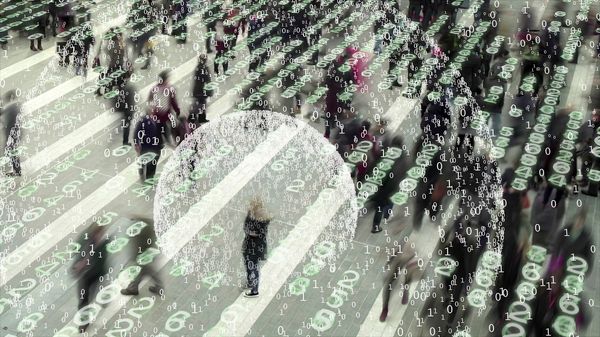IP geo-location not reliable enough to hunt down criminals, report says

Although IP geo-location is constantly developing, it may not always precisely define a location. Because its accuracy is still debatable, it might be overestimated by police and judges.
Internet Protocol addresses (IPs) are not 100 percent reliable, so law enforcement should stop relying on them in criminal investigations, says a recent white paper by the Electronic Frontier Foundation. The mistake police and courts commonly make is to compare IPs with physical addresses, which are unique. IPs are not personally identifiable and are definitely not unique, unlike some police officers have stated.
“Police are misinterpreting data that purports to identify specific physical locations based on IP addresses when the technology is actually telling cops that it has almost no idea where the IP address is physically located,” researchers claim.
In fact, IPs are “too vague” and the “use of the IP address alone, without more, can too often result in dangerous, frightening, and resource-wasting police raids based on warrants issued without proper investigation.”
More so, people can”t be convicted solely on IP grounds, because they are not always location proxies. In some cases, people have been wrongly accused because illegal activities had been traced to their IP. One explanation could be that locations close to each other have similar IP addresses because service providers sell IP addresses in bulk per location.
“We also strongly recommend that law enforcement stop using, and courts stop relying on metaphors like physical mailing addresses or license plates when describing IP addresses in warrant applications and elsewhere. The metaphors incorrectly characterize the function and reliability of IP addresses and they potentially operate to overstate the accuracy of IP address information,” the study argues.
tags
Author
After having addressed topics such as NFC, startups, and tech innovation, she has now shifted focus to internet security, with a keen interest in smart homes and IoT threats.
View all postsRight now Top posts
How to Protect Your WhatsApp from Hackers and Scammers – 8 Key Settings and Best Practices
April 03, 2025
Outpacing Cyberthreats: Bitdefender Together with Scuderia Ferrari HP in 2025
March 12, 2025
Streamjacking Scams On YouTube Leverage CS2 Pro Player Championships to Defraud Gamers
February 20, 2025
How to Identify and Protect Yourself from Gaming Laptop Scams
February 11, 2025
FOLLOW US ON SOCIAL MEDIA
You might also like
Bookmarks








